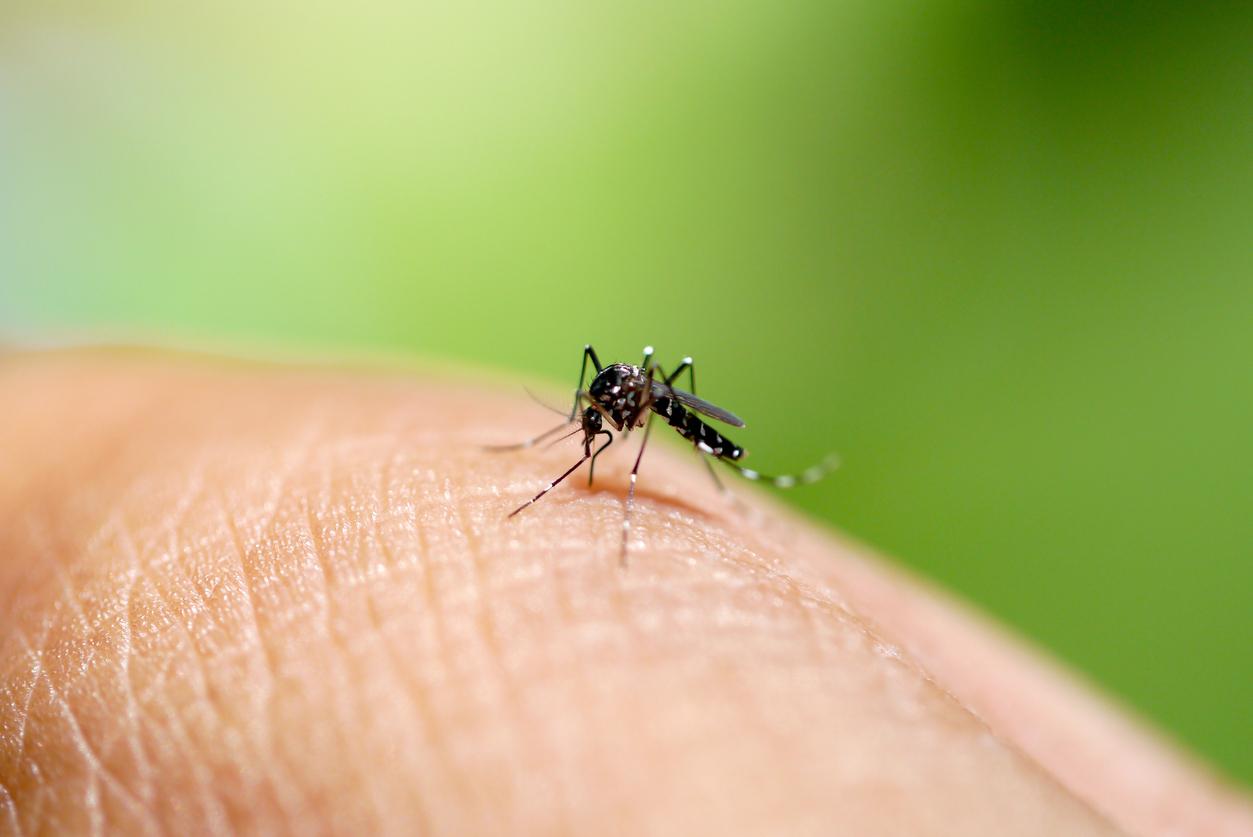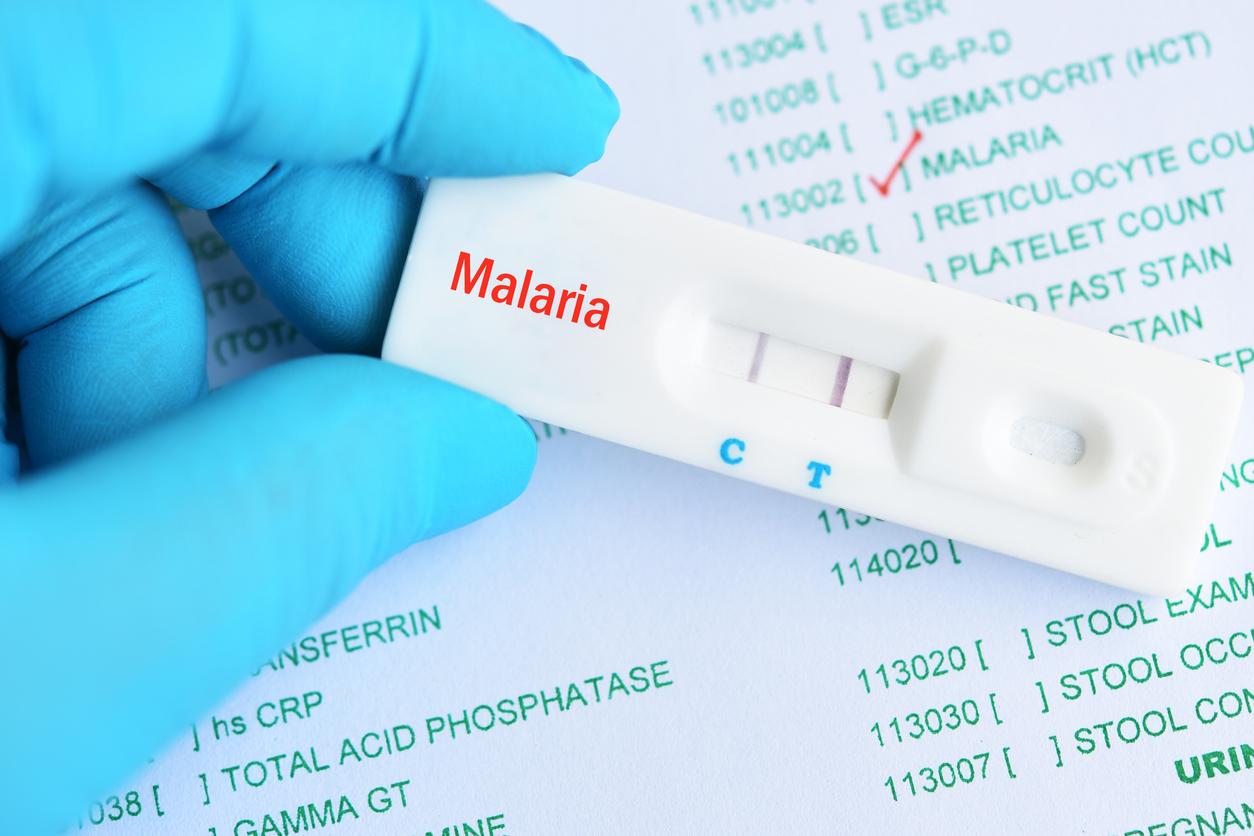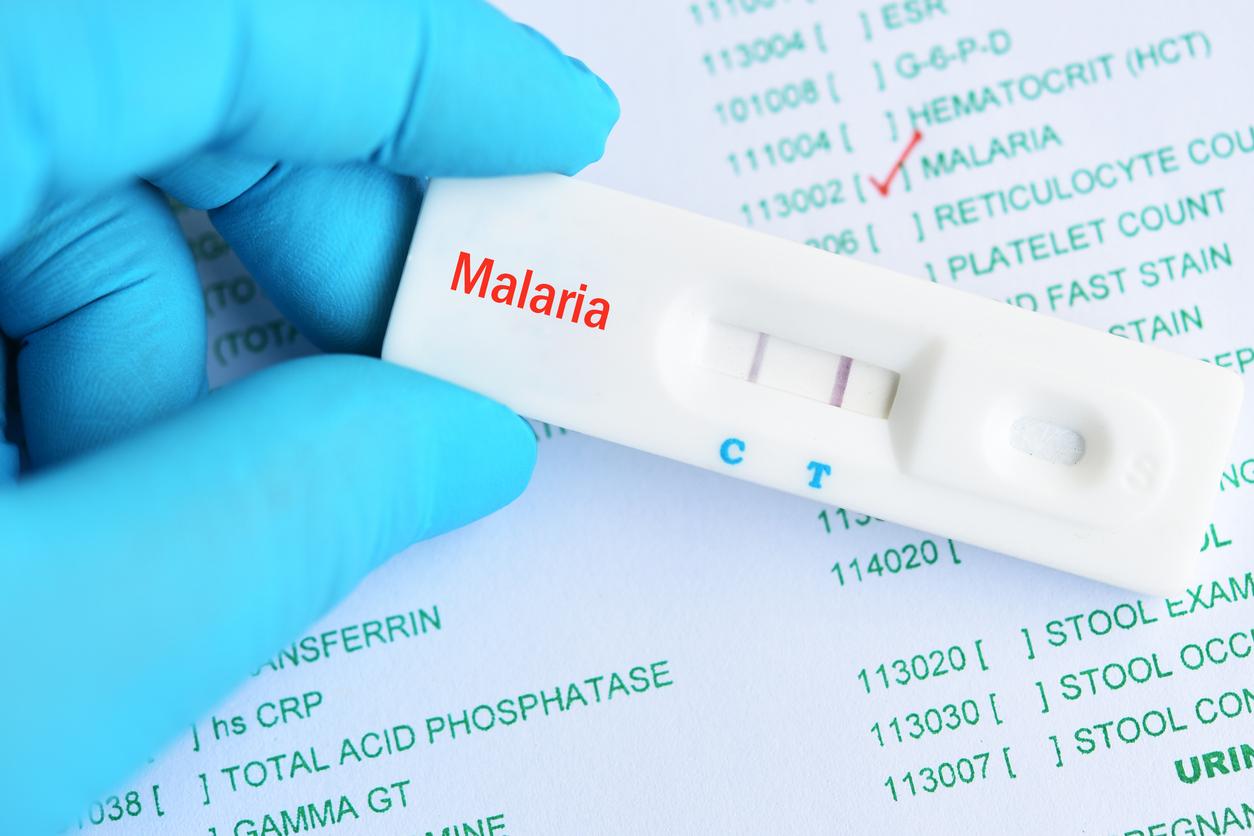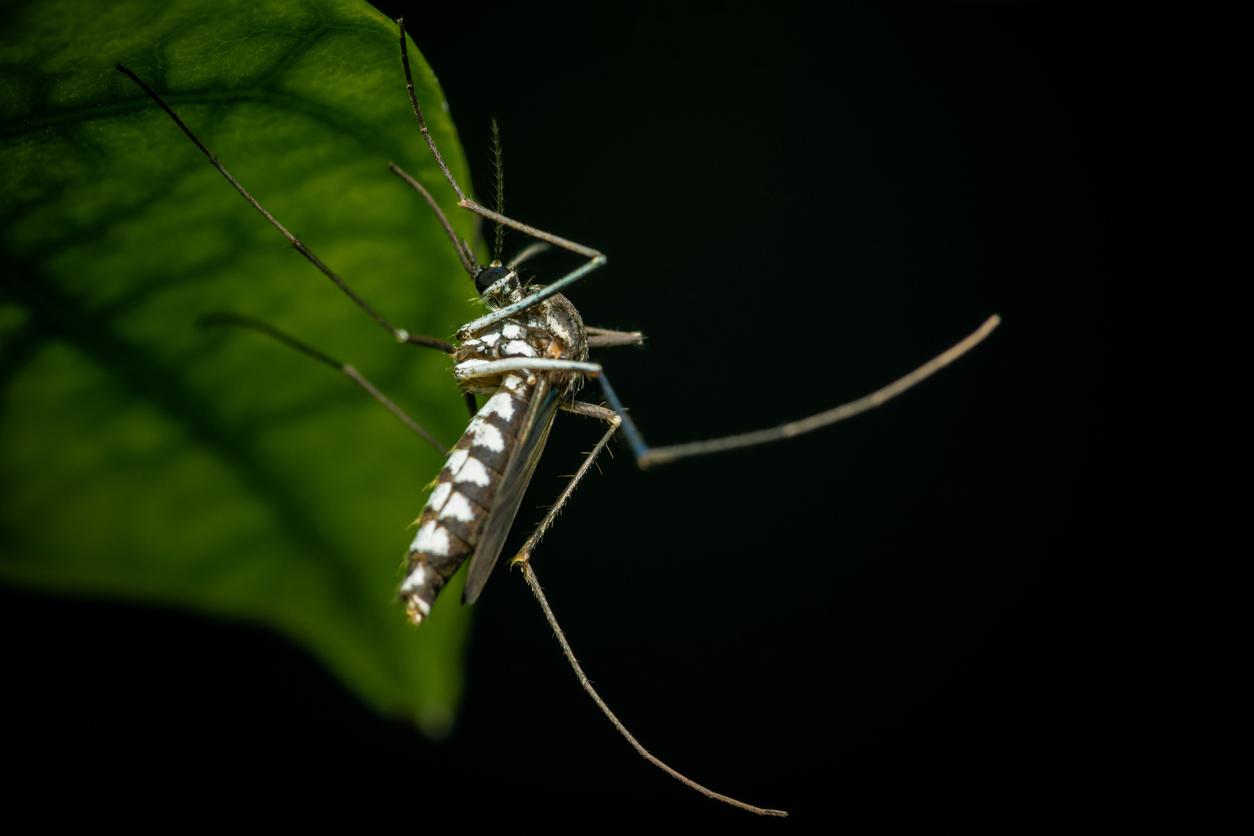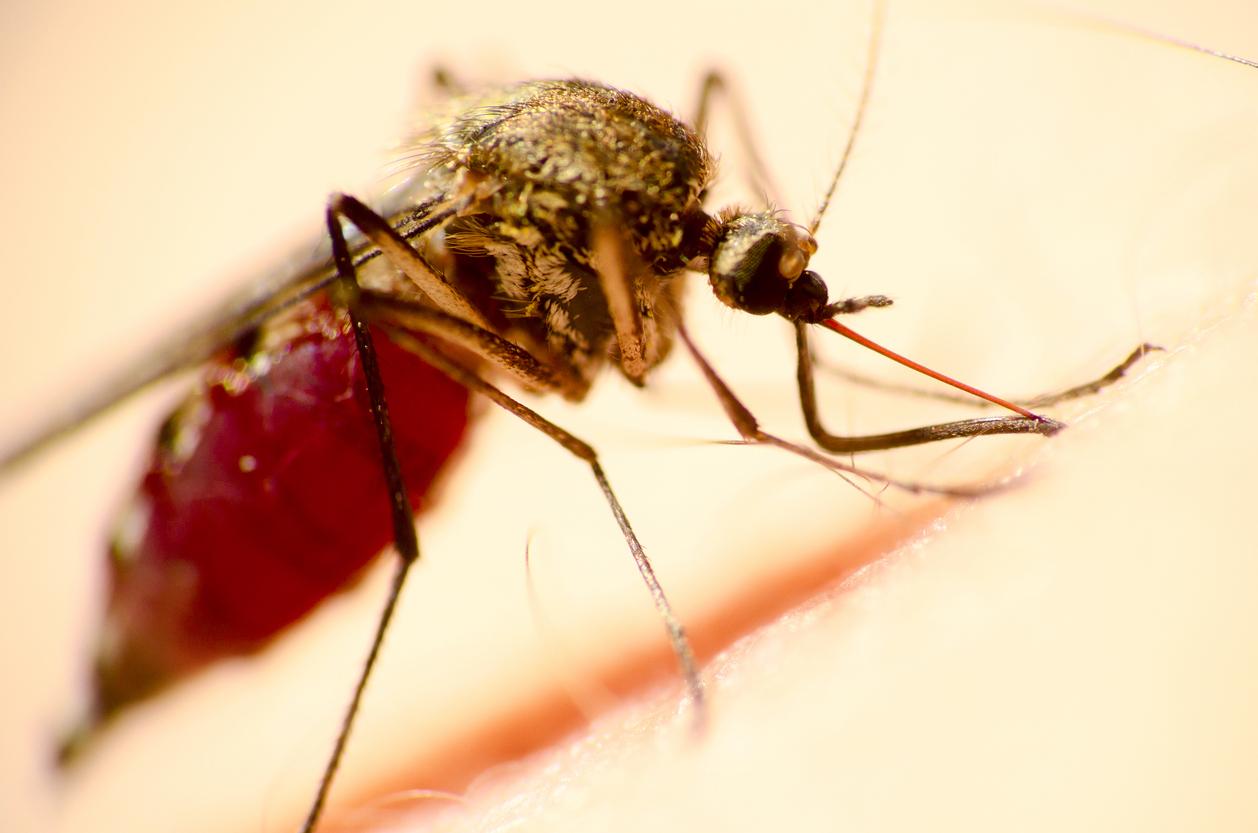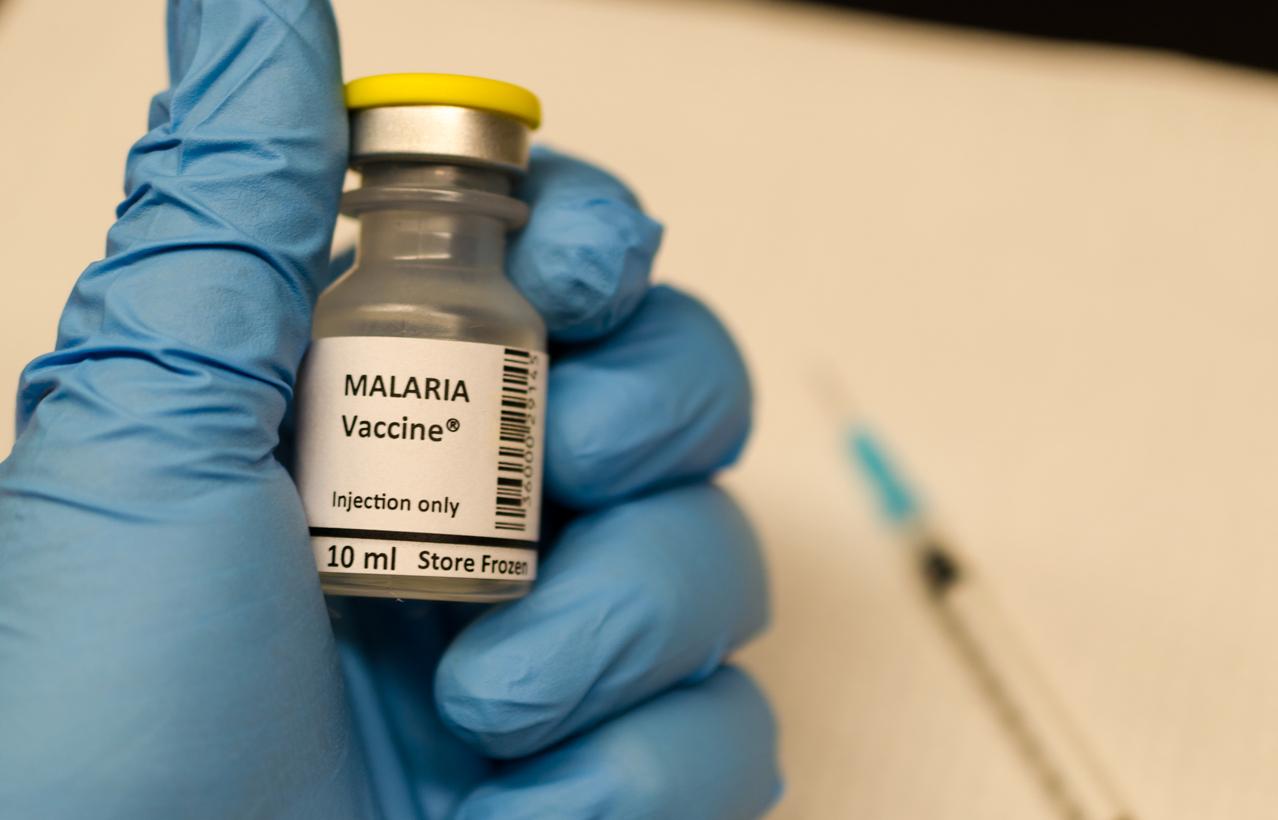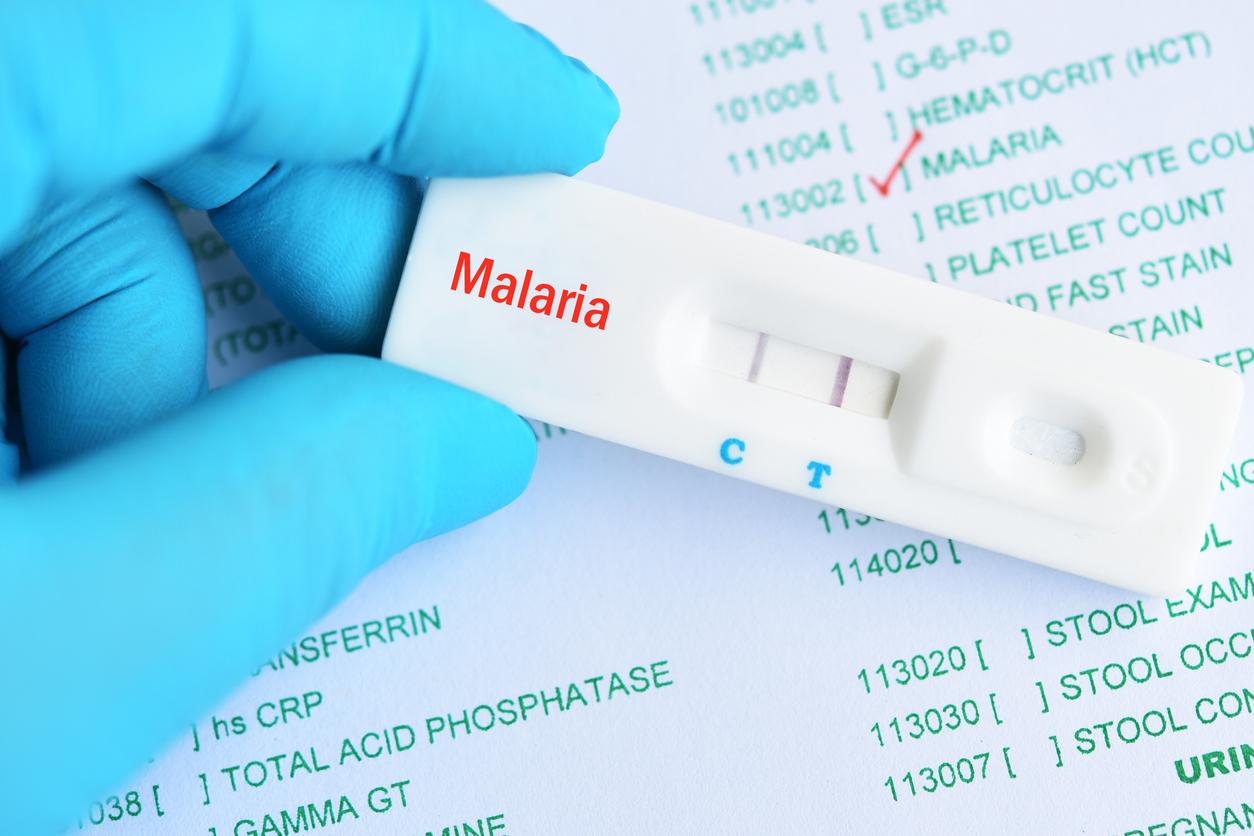Two enzymes essential to the survival of the parasite as well as a molecule capable of inhibiting them have been identified, according to the results of a study published in the medical journal Science. This new discovery would bring new hope in the fight against malaria and allow the development of drugs capable of blocking not only the evolution of the parasite in humans, but also its transmission from humans to mosquitoes and vice versa.
Today, treatments are unable to stop this disease because the parasite develops resistance. The drugs are only effective in limiting the proliferation of the parasite in the blood of infected people, but not in stopping transmission.
Two key proteins to eradicate the disease
Researchers at the universities of Geneva and Bern in Switzerland analyzed the parasite with a new scientific approach and conducted a study in mice. “Plasmodium is an obligate intracellular parasite, which means that its survival and spread depends on its ability to enter, replicate and exit host cells. By taking a closer look at certain enzymes called aspartic proteases, we discovered that two of them are essential for the parasite to be able to enter and leave its host cell ”, explains Dominique Soldati-Favre, microbiologist at the Faculty of Medicine. of UNIGE.
The results of this study allowed them to put forward a molecule capable of neutralizing these two proteins, eliminating 99.9% of the parasite in laboratory cultures after two days.
“Plasmodium has a complex life cycle and encounters very different host cells, whether in the blood, the liver, or even the mosquito gut. What is incredible is that each time he uses these same two aspartic proteases, ”emphasizes Volker Heussler, professor at the Institute for Cell Biology at the University of Bern and co-signer of the study. “By striking in several places at the same time, we could therefore hope to fight the disease in humans, but also to interrupt the transmission of the parasite to the mosquito, the only way to really curb this scourge. “
Read also:
Palu: vaccine test in Africa
Stromae reconsiders his illness and a recent relapse
Flower nectar influences the transmission of malaria








